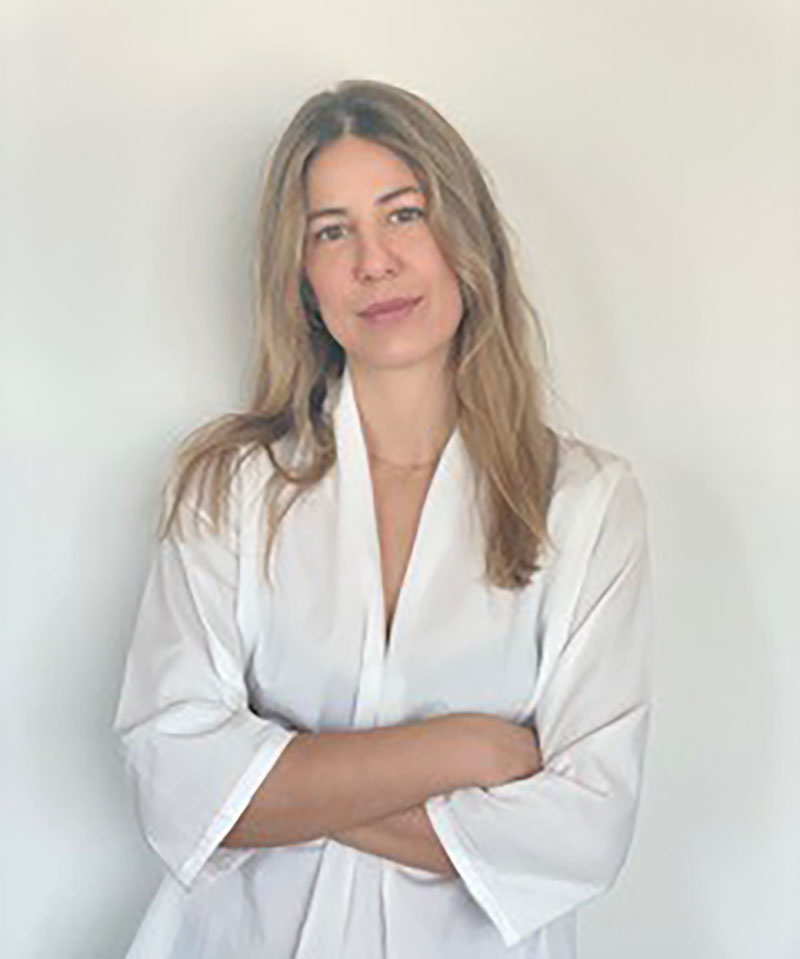Senior Advisor, Online Safety and Digital Media Integrity

Clementina Salvi is a lawyer at the Milan Bar and a researcher specializing in national and European criminal law, human rights, artificial intelligence, and digital regulation.
She has gained solid professional experience in leading Italian law firms operating in the field of criminal law, initially in white collar crime and corporate criminal liability, and later specializing in post-conviction criminal litigation and human rights, with a focus on cases before the European Court of Human Rights.
She provides consultancy for international organizations such as AWO Agency, specialized in technology, data, governance and risk, working on projects related to risk analysis and the monitoring of potentially illegal content on major social media platforms, for a key institutional client.
In June 2025, she supported, as an expert consultant, the ACE Commission of the UK Government’s Homeland Security Group in developing policies to counter risks related to deepfakes in criminal proceedings.
She is currently a researcher at the University of Liverpool, where she focuses on deepfakes, disinformation, and online safety in the context of European law. On these topics, she has published with Oxford University Press, Hart Publishing, and the Revue Internationale de Droit Pénal, and she regularly speaks at international conferences.
From 2022 to 2024, she served as national rapporteur for the United Kingdom within the framework of the international project Criminal Proceedings and the Use of AI – Challenges for Common Criminal Procedure Principles, coordinated by the University of Luxembourg, which culminated in the forthcoming publication of the volume AI Evidence and Criminal Proceedings (Hart).
She graduated with honors in Law, earned an LL.M. in Criminal Justice (with distinction), and obtained a Ph.D. at Queen Mary University of London with a dissertation on the criminalization and regulation of deepfakes.